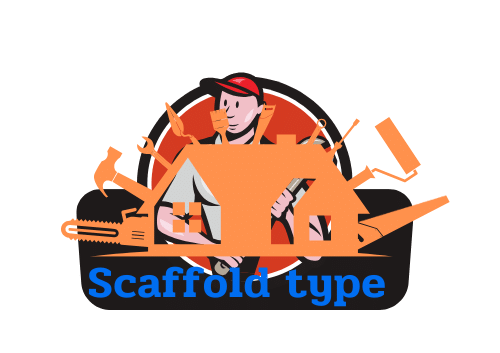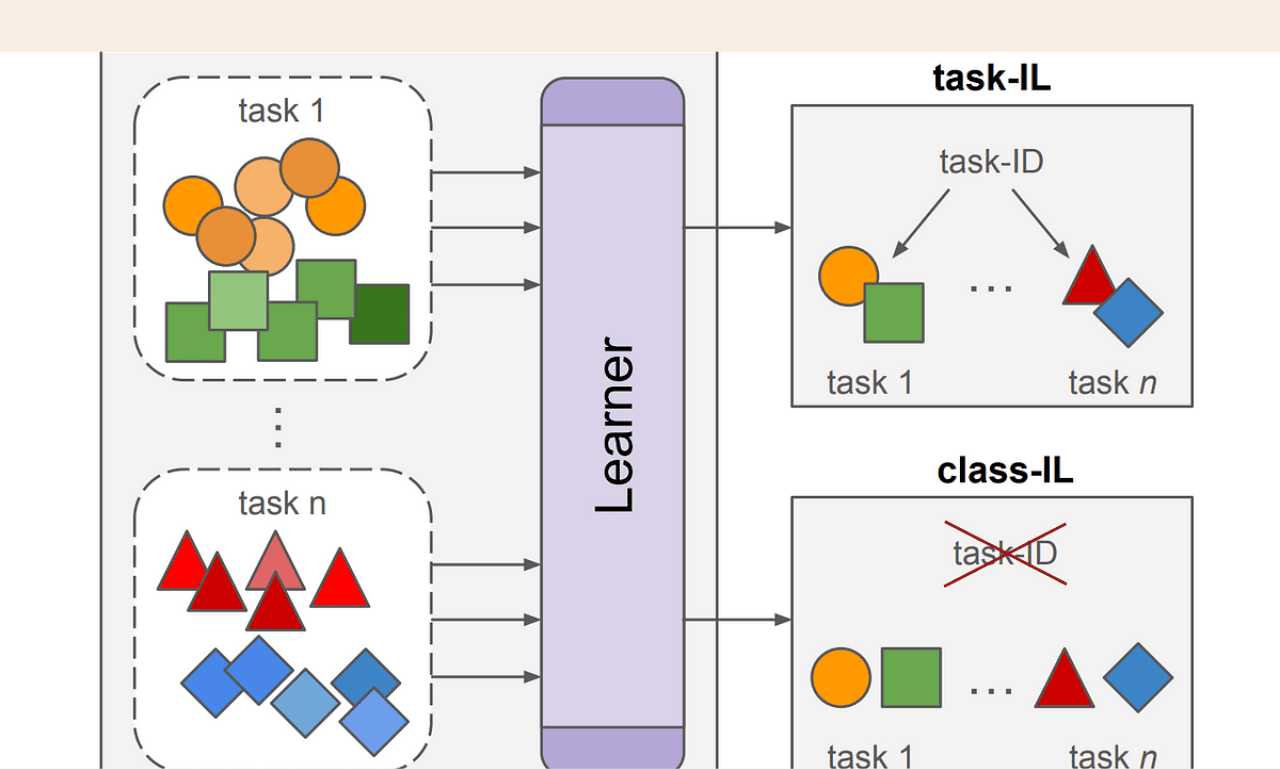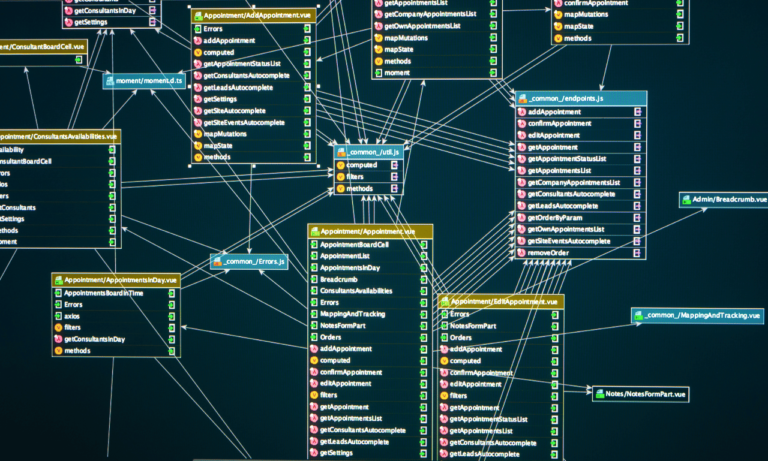Phone:
(+65)8319-0742
The journey towards mastering any complex subject need not be an overwhelming tsunami of information. Instead, with Incremental Learning Support, students and professionals can navigate the vast seas of knowledge through effective study strategies designed for gradual absorption and retention. This dynamic learning approach is not just about accumulation; it’s also structured around the principles of continuous learning and fostering a culture of lifelong learning. Join us as we explore how breaking down educational content into bite-sized pieces could revolutionize the way we learn and rehearse data.
Key Takeaways
- Incremental Learning Support facilitates understanding complex concepts comfortably.
- Effective study strategies include pacing and repetition for better mastery.
- Dynamic learning approaches adapt to individual needs, enhancing skill application.
- Continuous learning is possible through systematic, iterative knowledge-building.
- Lifelong learning becomes a habit with incrementally structured educational experiences.
Understanding Incremental Learning
Incremental Learning, a compelling educational methodology, revolutionizes the way we perceive and interact with new information. Unlike the rush and pressure of traditional learning, this innovative approach takes advantage of our inherent learning patterns, offering a personalized learning experience that evolves with our cognitive abilities. Beyond its application in academic settings, Incremental Learning has a prominent role in the ever-advancing fields of Machine Learning and Artificial Intelligence (AI).
Definition and Core Principles
The essence of Incremental Learning lies in its ability to deconstruct and pace the assimilation of new concepts. By focusing on knowledge accumulation techniques, it fosters an environment where information is absorbed gradually, promoting stronger retention and deeper comprehension. This progressive rhythm aligns with our brain’s natural tendency to connect dots over time, turning learning into a seamless procession of intellectual growth.
The Role of Incremental Learning in Machine Learning and AI
In AI and machine learning frameworks, Incremental Learning takes center stage by enabling systems to learn continuously from data streams. This mimics human cognitive processes, eliminates the risk of information overload, and reduces the need for extensive memory resources. The result is an intelligent model that enhances its performance iteratively, adopting progressive learning strategies akin to human improvement.
Comparing Incremental to Traditional Learning Approaches
Traditional learning models often rely on bulk transfers of knowledge, which can lead to cognitive saturation and subsequent information loss. Incremental Learning, by contrast, espouses a philosophy of steady educational progression. Each learning session builds upon the previous one, reinforcing concepts and enabling a harmonious blend of new and existing knowledge. This educational scaffolding not only nurtures mastery but promotes a genuine love for lifelong learning.
Incremental Learning Support Techniques

In the journey towards effective education, adaptive learning methods are crucial. They ensure that each learner receives a personalized learning experience tailored to their unique needs and abilities. One such approach is breaking down content into micro-lessons that are easily digestible and can be completed in a short span of 5 to 20 minutes. These lessons can be delivered via text, audio, or video, accommodating various learning preferences and ensuring that knowledge is accumulated effectively over time. This application of varied knowledge accumulation techniques provides the learner with the flexibility to progress at their own pace.
One of the benefits of incremental learning techniques is the mobility they offer. Learners can access these bite-sized lessons on their smartphones or tablets, integrating learning seamlessly into their everyday routines. Whether it’s during a morning commute or a lunch break, the ability to engage in learning activities at convenient times promotes consistent educational engagement and cognitive growth.
- Micro-lessons for focused learning bursts
- Multimedia formats catering to diverse learning styles
- Gradual skill and comprehension development
- Accessible learning on mobile devices for learning on-the-go
The adoption of these adaptive learning methods is an essential step towards cultivating a personalized learning experience for learners worldwide. By utilizing informed knowledge accumulation techniques, educators and learners alike can achieve remarkable improvements in both retention and practical application of new information. The incremental nature of this learning provides a sustainable, long-term solution to mastering complex subjectsâone micro-lesson at a time.
Advantages of Incremental Learning in Academic and Professional Settings

As education and the workplace continue to evolve, dynamic learning approaches such as Incremental Learning have emerged as vital for both academic and professional growth. By leveraging cumulative, digestible learning experiences, individuals gain a strategic advantage in memory retention and skill application. Below, we explore how this educational framework fosters ongoing skill development and creates robust, lifelong learners equipped for modern challenges.
Memory Retention and Sustainable Study Habits
One of the pivotal benefits of the incremental learning model is its alignment with the spacing effectâstrategically revisiting educational content to transition knowledge from short-term to long-term memory. This method not only enhances retention but cements sustainable study habits that can amplify success in demanding academic and professional landscapes.
Promoting Lifelong Learning and Ongoing Skill Development
Incorporating progressive learning strategies, Incremental Learning is inherently structured to support ongoing skill development. It facilitates a culture of lifelong learning where individuals consistently refine their competencies, adapting to new technologies, and evolving industry standards seamlessly.
Customization for Personalized Learning Experiences
Personalized learning experiences are at the heart of incremental learning’s success. These customized pathways are tailored to address each learner’s unique strengths, weaknesses, and areas of interest, leveraging dynamic learning approaches to ensure effective comprehension and engagement.
Real-world Success Stories: From Language Learning to Financial Algorithms
Diverse success stories from various domains showcase the robust flexibility and effectiveness of Incremental Learning. For instance, systematic language acquisition through incremental methods has substantially improved proficiency levels. Moreover, in the corporate sector, advanced financial algorithms utilized by enterprises like Mastercard have been optimized through incremental learning techniques for enhanced fraud detection. Truly, these real-world applications underline the critical advantage and transformative potential of this progressive educational strategy.
Challenges and Solutions in Adopting Incremental Learning

While the journey toward a personalized learning experience through incremental learning is transformative, educators and learners face unique challenges. Balancing the nuances of knowledge accumulation techniques can be demanding, and without careful implementation, the cognitive load can be overwhelming. This section focuses on identifying these challenges and offers practical solutions through adaptive learning methods and advanced technological interventions to streamline the learning process.
Recognizing and Overcoming Cognitive Load and Demand
One of the critical challenges in adopting incremental learning is managing the cognitive load to avoid overwhelming students. Engaging material, frequent rest intervals, and feedback mechanisms are crucial for reducing this load and facilitating efficient knowledge acquisition.
- Engaging Material: Use of multimedia elements for a dynamic learning experience.
- Rest Intervals: Scheduled breaks to aid mental assimilation and prevent fatigue.
- Feedback Mechanisms: Immediate responses to student inputs to encourage interactive learning.
Cognitive barriers are overcome by creating an environment where the learner feels in control and motivated to continue their educational journey.
Implementing Adaptive Learning Methods
Adaptive learning methods are essential in crafting a learning experience that caters to the needs and pace of each individual. Micro-lessons and mobile-friendly formats exemplify this adaptability, making the process both accessible and engaging.
- Micro-lessons to tackle complex concepts in digestible segments.
- Mobile-friendly formats that make learning versatile and easily accessible.
Emphasizing a self-paced structure, these approaches ensure that learners not only grasp the core material but also retain and apply their newfound knowledge effectively.
Advanced Incremental Learning Algorithms and Techniques
In the realm of data-heavy environments, incremental learning is elevated through sophisticated algorithms that enable refined model learning. Stochastic Gradient Descent (SGD) and Online Support Vector Machines (SVMs) represent these advanced techniques, minimizing the need for exhaustive retraining while maximizing learning efficiency.
| Algorithm | Key Advantage | Application in Incremental Learning |
|---|---|---|
| Stochastic Gradient Descent (SGD) | Efficient optimization | Seamless model updates with new data |
| Online Support Vector Machines (SVMs) | Real-time data classification | Dynamic adaptation to evolving data sets |
The integration of these algorithms into learning platforms paves the way for a truly adaptive learning experience that is tailored to the pace and progress of each learner. By mitigating cognitive demands and leveraging data-driven insights, students are equipped to navigate an ever-evolving knowledge landscape with confidence.
Conclusion
In a constantly changing educational landscape, the adoption of Incremental Learning Support serves as a pivotal strategy for individuals committed to continuous learning and self-improvement. This methodology isn’t just about assimilating information; it’s about fostering a sustainable model of lifelong learning that integrates seamlessly with our daily lives. By employing progressive learning strategies, learners can delve into complex material in a measured, more digestible way, greatly enhancing their cognitive retention without overwhelming their cognitive capacities.
The genius of this approach lies in its simplicity and flexibilityâknowledge accumulation techniques are tailored to fit the rhythm of the learner’s life, not the other way around. Incremental Learning doesn’t just prepare students for tests; it equips professionals with the tools to adapt and thrive in fast-paced, information-saturated industries. Through incremental steps, learning becomes less of a mountain to conquer and more of a journey to enjoy, ensuring knowledge is not only acquired but retained, and applied effectively.
We recognize now, more than ever, the importance of building strong learning communities that value growing together through shared knowledge and experiences. Incremental Learning Support echoes this sentiment, strengthening the idea that with each small step taken, the path to attaining our full potential becomes clearer. It’s a testament to the power of steady progress and a subtle reminder that, in the pursuit of personal and professional excellence, patience paired with consistent effort is key. The journey of learning is lifelong, and with Incremental Learning, every step counts.
FAQ
What is Incremental Learning Support and how does it support effective study?
Incremental Learning Support refers to strategies and systems that employ gradual, step-by-step knowledge dispensing to foster a deeper understanding and retention of information. It supports effective study by aligning learning material with an individual’s cognitive abilities, allowing for continuous learning without overwhelming the learner. This dynamic learning approach is especially useful for maintaining lifelong learning habits.
How does Incremental Learning differ from traditional learning approaches?
Incremental Learning breaks down information into understandable pieces and introduces concepts gradually, enabling learners to absorb and apply information more effectively. Traditional learning often involves large volumes of information delivered in a short time, which can result in cognitive overload and diminished retention. Incremental Learning, on the other hand, emphasizes knowledge accumulation through progressive learning strategies.
What is the role of Incremental Learning in Machine Learning and AI?
In Machine Learning and AI, Incremental Learning involves training algorithms iteratively, allowing them to accumulate and refine their knowledge progressively without needing to start from scratch. This approach mimics the adaptive methods humans use to learn, facilitating continuous improvement and the personalized learning experience that AI systems offer.
What are some techniques used in Incremental Learning Support?
Techniques include breaking down subjects into micro-lessons that may last from 5-20 minutes, providing learning materials in various formats such as text, audio, and video, and using mobile platforms to facilitate learning on the go. These methods ensure that the learning experience is adaptive, customizable, and effectively supports knowledge accumulation.
What advantages does Incremental Learning offer in academic and professional settings?
Incremental Learning promotes better memory retention through spaced repetition and sustainable study habits. It encourages lifelong learning by enabling ongoing skill development. The approach also allows for personalized learning experiences that cater to individual learners’ needs and has proven successful in various fields, including language acquisition and the development of complex algorithms for financial systems.
What challenges are associated with Incremental Learning, and how can they be addressed?
One of the main challenges is managing cognitive load to prevent learner overwhelm. Solutions include adopting adaptive learning methods like micro-learning and utilizing mobile-friendly content. Advanced algorithms, such as Stochastic Gradient Descent and Online Support Vector Machines, further enable Incremental Learning to efficiently process information without overwhelming cognitive capacity.
Can Incremental Learning be customized for various learning needs?
Yes, Incremental Learning can be highly customized to fit individual learning styles, needs, and preferences. By providing personalized learning paths, this approach allows individuals to learn at their own pace and adjust the content according to their proficiency and interests, making it a flexible and adaptive learning method for diverse audiences.
How does Incremental Learning contribute to lifelong learning?
Incremental Learning supports lifelong learning by establishing a continuous, adaptable learning process. It encourages the development of a growth mindset and fosters a learning community where knowledge is progressively built upon previous foundations. This contributes to the ability of learners to keep up with the ever-changing demands of personal and professional development.
Source Links
- https://e-learning.educationtechnologyinsights.com/cxoinsights/incremental-learning-a-powerful-tool-for-managing-cognitive-load-and-cognitive-demand-nid-2371.html
- https://www.analyticsvidhya.com/blog/2023/08/incremental-learning/
- https://www.learndash.com/how-to-turn-incremental-learning-into-lifelong-learning/

















